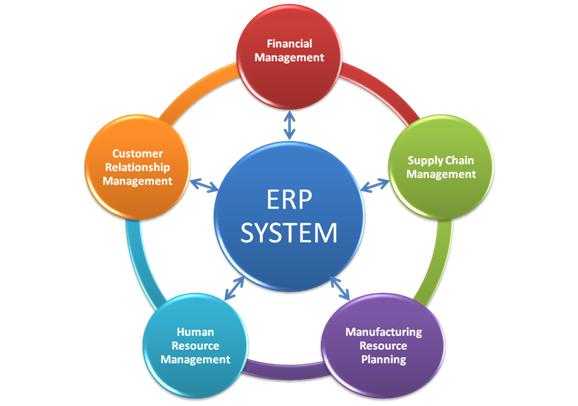What Tools Do You Need for HealthCare Management
One fundamental truth about the medical business administration is that the company’s financial viability and great patient outcomes are inextricably linked. A poorly managed and inefficient organization can’t offer quality care as expected. Again, without excellent patient care, financial know-how can’t provide the results the firm is looking to deliver.
In the industry of healthcare, success is measured by both the treatment outcomes and financial strength. Luckily, today there are healthcare management systems that offer that opportunity to accelerate the ability of the firm to measure up to the most critical healthcare financial management and operational challenges. Keep reading to find out more about the tools you need for healthcare management.
 Managing core challenges with a healthcare management tool
Managing core challenges with a healthcare management tool
Healthcare financial management success isn’t the only thing that suffers when an organization is slowed by unnecessary overhead expenses and inefficiencies. If a strong financial stewardship is missing, caregivers will find it difficult to focus on their work fully.
Healthcare management systems are assisting medical practitioners to handle most of this challenges they face day by day such as:
- Managing sensitive information
- Maintaining financial accountability and visibility
- Reducing cases of administrative inefficiency
Finding the ideal software
Choosing the right healthcare management system for your health-care company can be challenging. A lot has to be considered bearing in mind that the software will have a short and long-term impact in the firm. Fortunately, the software industry already has so many programs to meet different needs of different organizations. However unique your requirements might be, there is a high probability for you to get the ideal software.
One basic question a company has to ask is if it’s better to opt for a comprehensive healthcare package or a have several paired task-specific tools with an accounting back-end. Another key decision is getting the right tool for your specific type of operation. This will depend on the kind of firm you run: be it a hospital, clinic, practice office, or an assisted living facility.
Healthcare specific management tools
Some of the most efficient health care management tools include:
- Electronic Medical Record (EMR)
Healthcare presents great data challenges. Mostly, this data will arise in the form of medical records for different patients. When you get this kind of management tool, you will enjoy an automated digital method to help you manage the records of your patients and improve clinical workflows too. It will also be easy to reference medical histories.
- Medical billing
Perhaps there isn’t an industry that faces complex billing tasks like in health care. Multiple payers, as well as the claims process, set the ante high. Managing rejections, approvals, coding, and eligibility verifications will raise the stakes a bit more. An efficient and strong healthcare financial management billing module will offer you the tool that will manage the billings or Medicaid, Medicare, Patients, and insurance companies. Other than increasing efficiencies, it will improve the overall patient experience as well as improve cash flow.
- Inventory control and material management
Any accounting package or module will have inventory control. Medications that are perishable and nonperishable need to be handled differently. The expiry dates have to be known since they will determine how a patient reacts to the medication. This is fundamental especially when it comes to safety too.
Taking the bold step
If you want to know more about health care management tools and discover the best software option that will satisfy the needs of your business, consult an expert. The professional will take the time to listen so that they can understand the needs or your business. They will compare your needs with those of the tools and then offer you numerous options you can choose from. Just ensure that the solution will address the issues at hand while offering room for future scalability.



